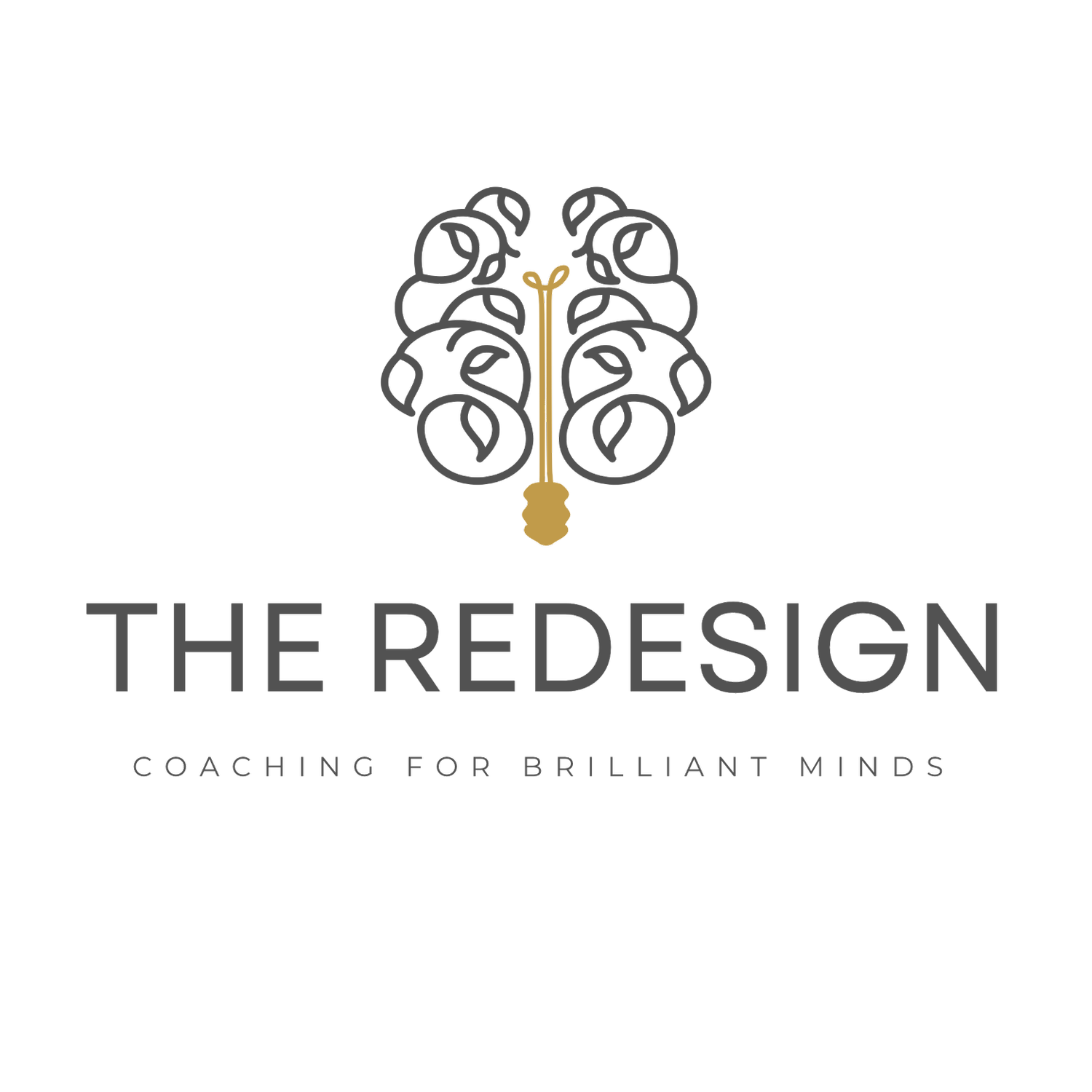Is it Real or my RSD?
Lately, I’ve been having a lot of conversations about emotions and ADHD. Conversations about the big feelings. The ones that come out of nowhere and take over. Emotional regulation is one of the most common struggles I see in my coaching work, and it can show up in so many ways — sometimes outwardly so others can see it, sometimes turned inward when we shut down, go quiet and ruminate.
At the moment the main thing that keeps showing up in my coaching practice isn’t time management, focus, or even procrastination — it’s emotional regulation.
So many of the people I work with (myself included) describe emotions that feel big, fast, and incredibly overwhelming. Emotional dysregulation can look like anger, tears, snapping, shutting down. Frustration can turn into regret, self-blame and shame. Either way, it’s exhausting.
So what is actually happening? Being able to regulate our emotions is our ability to notice what we’re feeling, pause, and then choose how to respond. Sounds simple, right? But for ADHD brains, that pause can feel impossible to find.
The parts of the brain responsible for self-control and emotional regulation can be a bit sluggish to catch up, meaning we can go from calm to chaos in seconds. It’s not that we’re overreacting — it’s that our brains process emotion differently.
You might notice:
Feeling frustration or anger rise really quickly
Finding it hard to calm down once you’re upset
Switching moods fast — motivated one minute, flat the next
Feeling things deeply and taking longer to recover
It’s not a personality flaw — it’s a wiring thing.
And then there’s Rejection Sensitive Dysphoria (RSD) — the big emotional sting that comes from perceived rejection, criticism, or failure. That there is often the key - it might be perceived, not actual (or the perception might feel much bigger than what was intended). It’s worth saying that RSD isn’t an official medical diagnosis. You won’t find it listed in diagnostic manuals like the DSM-5, and there’s still debate among professionals about whether it’s a distinct condition or simply part of the broader emotional dysregulation that comes with ADHD.
However, when I have conversations with my ADHD community (and reflect on my own experiences), RSD feels very real. It’s that gut-punch moment when someone’s tone feels off or you think you’ve disappointed someone — and suddenly you’re flooded with shame, panic, or sadness.
Like many of the people that I work with, as a child I was always told I was too sensitive. I reacted too quickly, felt things too deeply, cared…too much. It is definitely something I carried through to being an adult and i do think that i have become better at managing (or sometimes masking it). However often it is still the ‘small stuff’ that can make me feel that deep hurt and it is always tied to rejection and criticism (or percieved).
Whether you believe in RSD or not as a thing, one thing is for sure. It is often one of the most misunderstood parts of ADHD.
So if finding a moment to pause and check in with yourself feels hard, what can you do?
1. Notice and name it.
When the emotion hits, force yourself to take a pause by naming what is happening. What are you feeling, what name would you give to the emotion. — “This is rejection sensitivity,” or “This is overwhelm.” It sounds simple, but it creates distance between you and the feeling.
2. Breathe before reacting.
Even a few seconds of breathing gives your brain time to catch up to your body. Try a slow exhale — it signals to your nervous system that you’re safe. Count the breath in and out to give yourself the pause that you need.
3. Check the story.
Ask, ‘Where is the evidence’, ‘What else could this mean?’ Often, what feels like rejection isn’t the truth at all.
4. Be gentle with yourself.
You’re not ‘too sensitive’ or ‘overly dramatic.’ You’re someone who feels things deeply — and that’s okay. Compassion is one of the most effective regulators we have and one of the most amazing strengths we have as ADHDers.
5. Talk about it.
When clients share how strong these emotions feel, I remind them: you’re not alone in this. Talking it through helps turn something painful into something understandable. If you feel comfortable enough, explain it to partners, friends, loved ones. Often those close to us don’t always understand the way we react, so it also helps them to understand through a different lens.
Through self awareness and practice we can start to recognise what’s happening sooner, recover faster, create more acceptance and stop blaming ourselves for having big feelings. You are getting to learn about and understand your own brain - and that is the real work which gives us the best tools and the strongest muscles to manage our ADHD rollercoaster of emotions.
